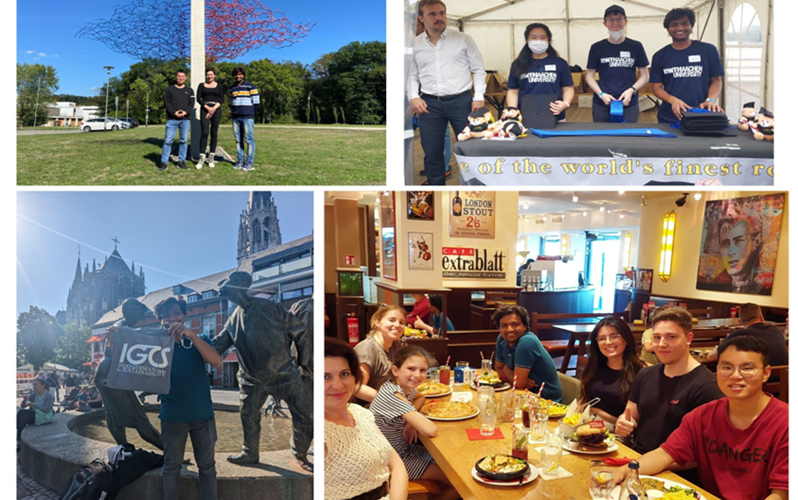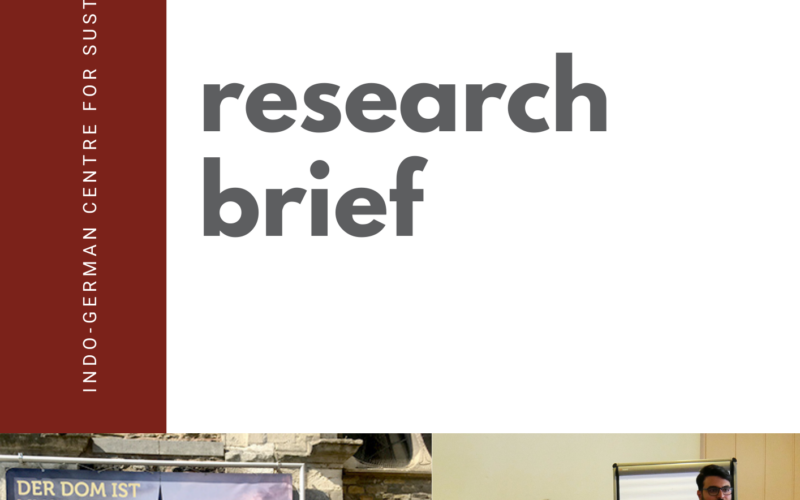Shivam Dwivedi, was an IGCS grantee from the Metallurgical and Materials Engineering Department at IIT Madras, Chennai, India. Shivam recently completed their research exchange program at RWTH Aachen University, and Forschungszentrum Jülich, Germany, under the mentorship of Prof. Olivier Guillon and Dr. Mariya Ivanova. His research focuses on Proton Conducting Solid Oxide Electrolysis Cells, exploring innovative solutions for storing renewable energy.
In their insightful report, Shivam shares their journey navigating challenges and adapting their research to present significant progress towards their M.S. thesis. From the meticulous planning required for visa arrangements to the vibrant cultural experiences in Germany, Shivam’s narrative provides valuable insights for future IGCS scholars. He emphasizes the importance of embracing extracurricular activities and fostering emotional resilience amidst academic rigour, highlighting the holistic growth fostered by IGCS exchange programs.
You can read their full experience report here:


